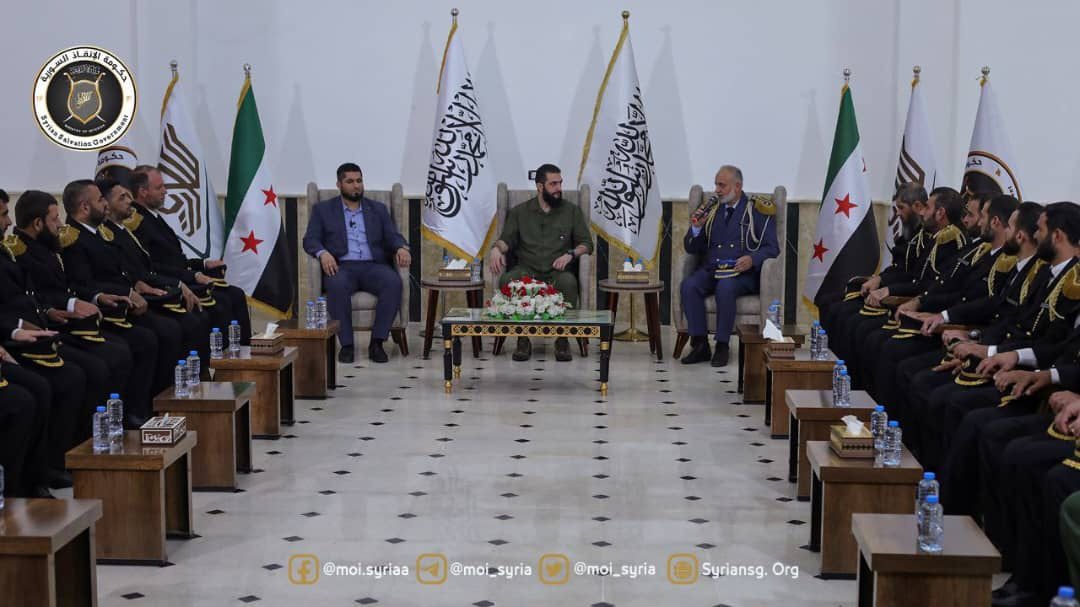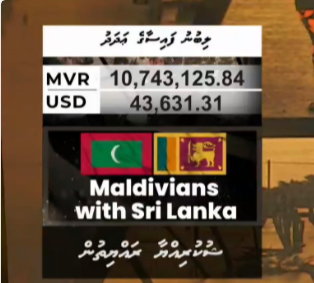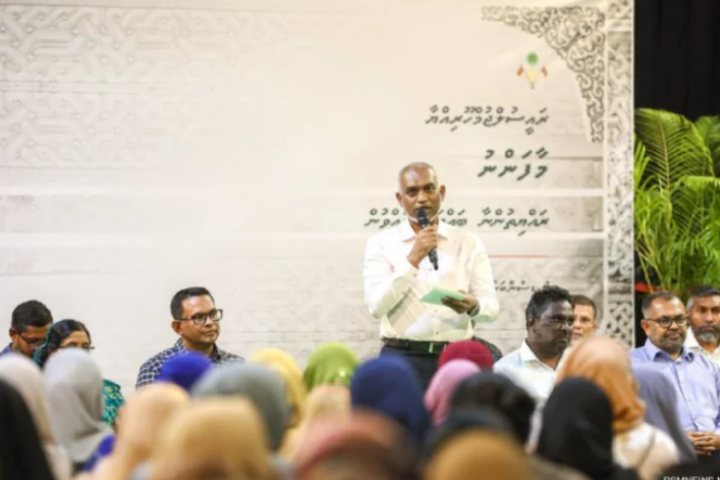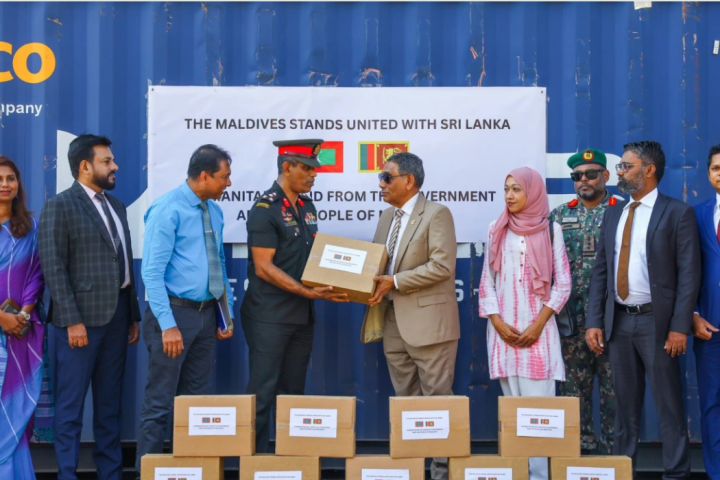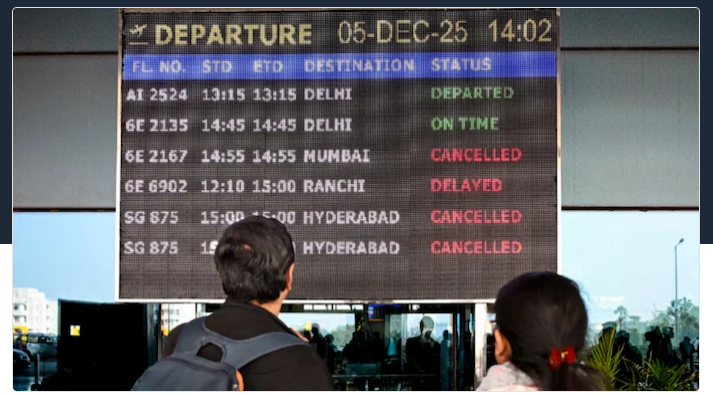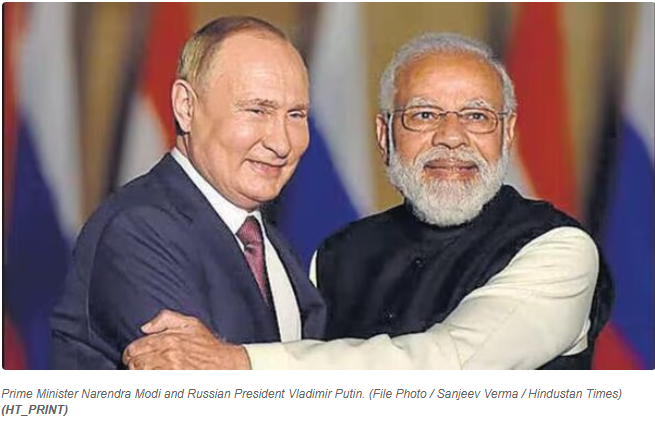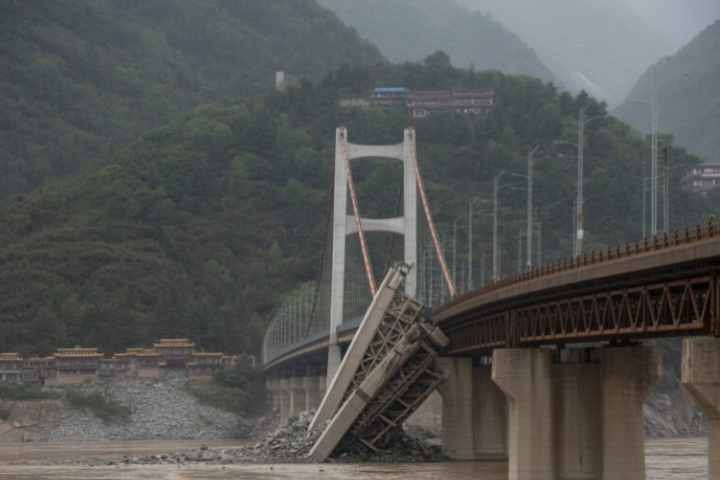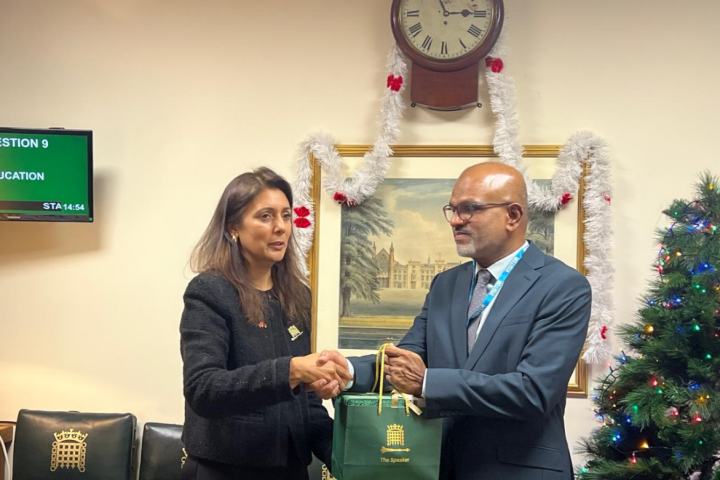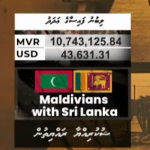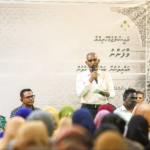HENVEIRU, Malé — In the dimly lit living room of a house in Henveiru ward, steeped in whispered histories of crime and extremism, women gather after the Maghrib prayer. Their purpose is neither social nor to discuss the son confined in the high-security X Block of Maafushi Prison. Instead, they exchange updates from distant battlefields. Their loved ones — sons, sisters, husbands, and brothers — have left the Maldives for jihad in the Levant, often severing ties with those who lack enthusiasm for their mission.
The house in Henveiru has become an unofficial communication hub. Sporadic calls from fighters bring updates from a region ravaged by war. For some families in remote islands, such updates arrive secondhand, relayed by these women who serve as intermediaries for loved ones unwilling to reach out directly.
One such fighter, a young man, Mr. M, in his early twenties, left the country with little fanfare. According to a family friend, he told his family he was heading to Malé to buy clothes but never returned. Employed at a state-owned enterprise, he had saved enough from two months’ salary to fund his journey, supplemented by money from his mother. Before joining the SOE, he worked at a shop owned by a controversial figure from the north, whose dubious reputation raised few questions in a society adept at looking the other way.
Eleven days after Sunni rebels, bolstered at the last minute by the blessings of Sunni Brotherhood neighbor, launched their assault, the Syrian regime’s 54-year grip on power crumbled. While international media covered the event with detached analysis, one local Maldivian outlet, citing unnamed sources, reported with a hint of pride that Maldivian fighters were among those storming Damascus.
This revelation, though startling to the public, came as little surprise to counter-terrorism officials and researchers who have long tracked Maldivian involvement in the Syrian conflict.
Songs glorifying the fight for Bilaadul-Shaam have served as lullabies in Maafushi Prison, where inmates detained softly sing them into the night, the haunting refrains echoing through the blocks.
Confirmation of Maldivian involvement in the recent assault came from Abu Muawiyah Jalaabadi, a prominent figure in fighter circles, who posted on X (formerly Twitter) under the handle @LeMonotheiste: “May Allāh (ﷻ) immensely reward Uyghurs, Maldivians, Uzbeks, Maghribīs, Jazrāwīs, Chechens, and all other honourable Muhājirīn and the honourable Ansār who contributed to the overthrowing of the cowardly Tāghūt Bashār!”
Despite this acknowledgment, the Maldivian government has largely remained silent on the matter. Authorities have consistently avoided public discussions about the involvement of Maldivians in foreign conflicts, leaving a cloud of ambiguity over how these individuals are recruited, funded, and transported.
The implications are chilling. While authorities have repeatedly assured the public that the state is prepared to handle emergencies arising from such situations, many questions remain unanswered.
During the tenure of the former Minister of Home Affairs, an entire set of literature originally prepared by the United Nations Office on Drugs and Crime (UNODC) was translated to provide a framework for addressing such challenges.
Yet for families gathered in places like the Henveiru house, these narratives are deeply personal — a son’s call, a brother’s message, a fighter’s whispered words from the frontlines of a distant war.
As the lights dim in Maafushi Prison and militant songs reverberate through its blocks, the Maldives must confront an unsettling truth: its entanglement in global extremism is no longer a secret. For now, these stories remain confined to hushed conversations and cryptic social media posts — a dark chapter unfolding far from the idyllic beaches that define the island nation.
